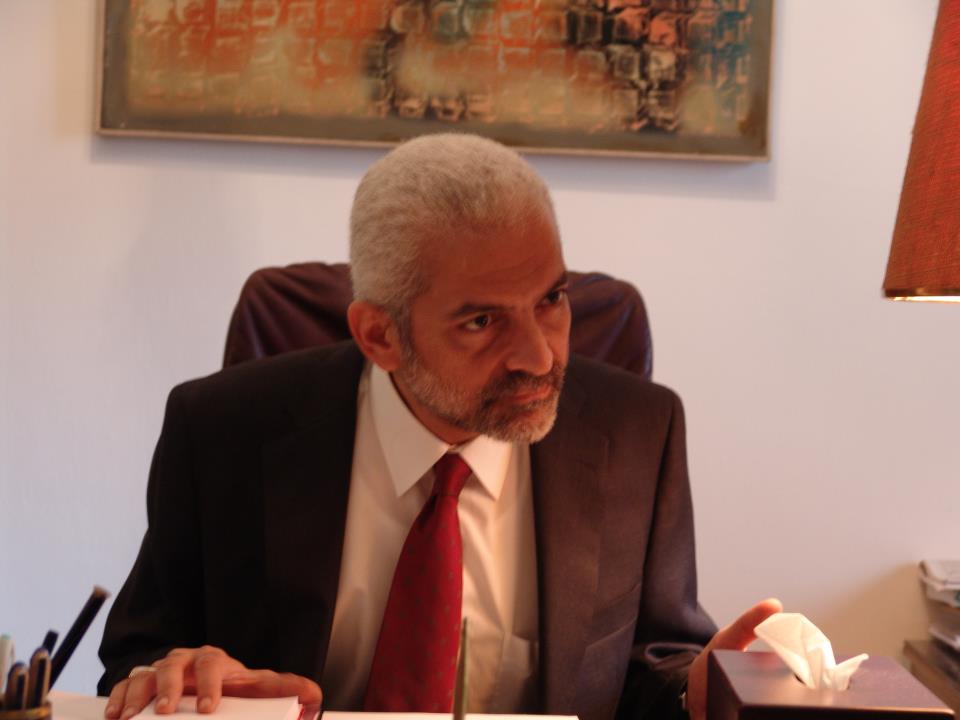Egypt’s Prime Minister Mostafa Madbouly cast his vote in the House of Representatives elections, early on Saturday, at the electoral committee in Sheikh Zayed’s Egyptian-Japanese School, Giza governorate.
Voting in the first phase of the House of Representatives elections will take place across Egypt over Saturday and Sunday. The first phase of voting is being held in 14 governorates, namely: Giza, Fayoum, Beni Suef, Minya, Assiut, New Valley, Sohag, Qena, Luxor, Aswan, the Red Sea, Alexandria, Beheira, and Matrouh.
The voting is taking place amid tight precautionary measures, to curb any further spread of the novel coronavirus (COVID-19).
The Prime Minister called on Egyptians to “actively participate in this constitutional entitlement, in light of the democratic climate enjoyed by Egypt.”
Lashin Ibrahim, head of Egypt’s National Elections Authority (NEA), renewed the state’s concern for the safety of all parties to the electoral process.
Ibrahim said that there is continuous coordination between the NEA and the Ministry of Health and Population to ensure that quick action is taken to deal with any suspected coronavirus cases within electoral commissions.
He added that the House of Representatives elections are being conducted in a framework of fairness and transparency, pointing to the participation of international and local organisations monitoring the process.
The National Council for Human Rights (NCHR) electoral mission, which is monitoring the voting process during the elections, has recorded a large turnout in areas of a special nature in Giza Governorate.
The mission said that the rural areas in Giza, such as the Abu Al-Nomros electoral district, saw a crowd of supporters for candidates participating in the elections gather outside polling stations.
The NCHR also said that it has sent a field mission to follow up on the electoral process in the Dokki, Agouza and Warraq regions of Giza governorate, with moderate voter turnout reported in these areas.
The electoral commissions in the Bulaq Dakrour and Kerdasa districts witnessed a large turnout, particularly among female voters, as well as in the committees of Matrouh Governorate. Bulaq Dakrour electoral committees also reported that a number of representatives for some candidates were deployed to help voters and extract committee numbers for voters to facilitate their voting.
According to local media reports, electoral committees in the Kafr El Dawar district of Beheira Governorate witnessed a good turnout among young people and elderly voters since polling stations opened.
The council’s operations rooms in other governorates confirmed that the voting process witnessed a good turnout in rural areas. Electoral committees at Imbaba, Kerdasa, and Abu Al-Nomros, as well as some committees in the governorates of Fayoum, Aswan, Qena, and New Valley, witnessed a large voter turnout in the early hours of voting.
A group of young people from Al-Warraq, Bashtil, and Auseem in Giza participated in organising the electoral process. They did so by helping voters find out their electoral committees and their numbers as they began to appear in front of polling stations.
Almost 4,000 individual candidates and eight coalition lists are competing over 568 seats in this election. Half the seats will be filled through the individual candidacy system and the rest through party lists.
The results of the first round of voting are expected in the coming week, and run-off rounds will take place on 23-24 November. Egyptian expats in 124 countries completed first phase voting on Friday at 140 polling stations in embassies and consulates in 124 countries.



